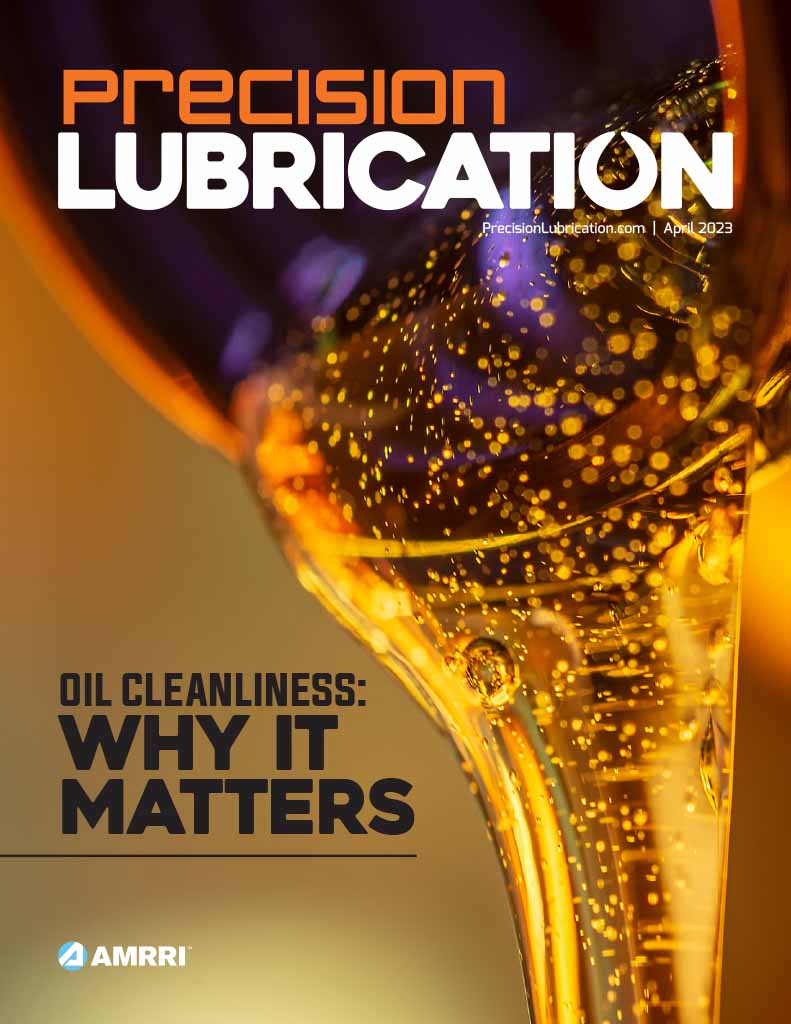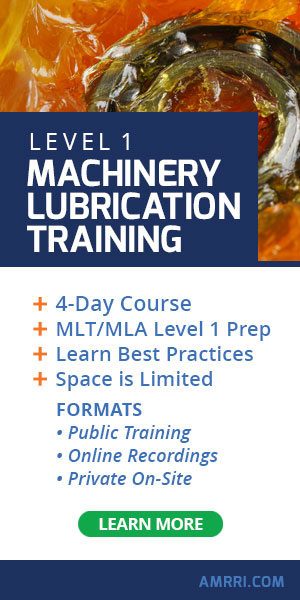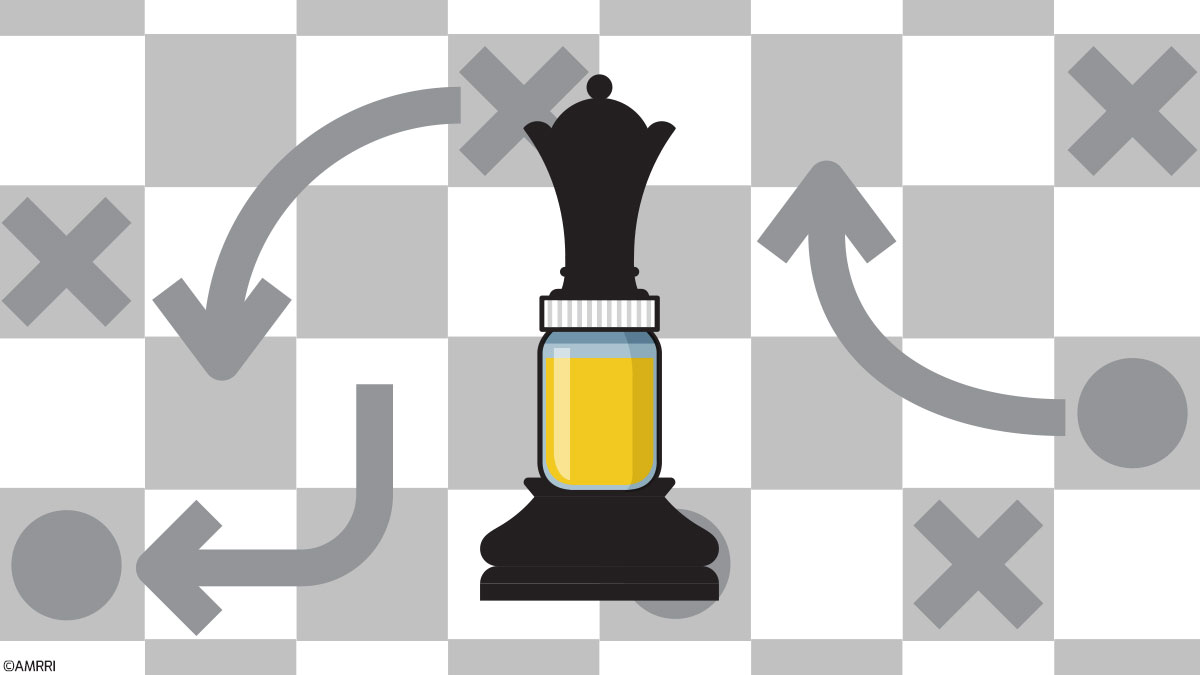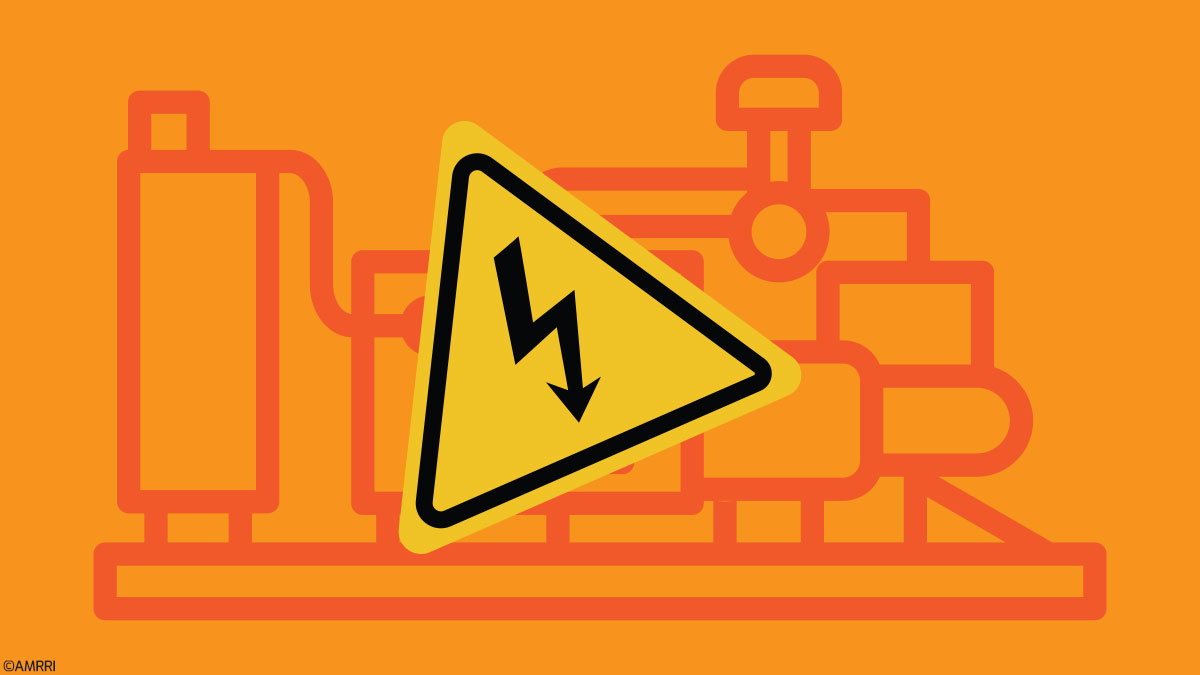Welcome to Precision Spotlight, our fresh Q&A series where we shine a light on industry professionals, delving into their insights and experiences in the world of lubrication. In this Precision Spotlight we interview one of our Editorial Advisory Board Members, Sanya Mathura.
What is a regular day like for you in your role?
There is no regular day! Every day brings new adventures and opportunities to learn more about the industry or bestow information to others.
I have many roles, so my days are packed. As Managing Director at Strategic Reliability Solutions Ltd, I run the everyday business of supporting clients with challenges they may be experiencing or working with my affiliates to develop new training or other ways we can share knowledge.
I’m also the series editor for the “Empowering Women in STEM” book (published by CRC Press, Taylor & Francis), so I also spend significant time with the authors for upcoming books in this series.
Additionally, I’m the co-chair for LRVS (Lubrication & Reliability Virtual Summit), which brings together the community to share knowledge and experiences from across the globe.
This year, we’re doing something a bit different, where we will be hosting three regional events; the APAC region (12 June), the Americas region (20 September), and the EMEA region (18 October). We’re trying to bring the communities closer to provide more value for everyone.
I’m also on the editorial board for Precision Lubrication, so I’m constantly pitching ideas to the team and trying to increase the value we can bring to our readers. If I had to summarize my day, it would be spending time to help others get more value to the world through knowledge sharing while advocating for more women in STEM.
If you had a superpower, what would that be?
Teleportation, so I wouldn’t have to go through airports and all the delays! We all have a superpower embedded in us. Many of us get caught up in everyday tasks and don’t realize how much of an impact we make on the world.
Every person brings a unique light and energy to this world which cannot be replicated. We need to take the time to understand our superpower and unleash it with its full force into the world. We could use much more light in this world, so make sure you unleash your superpower!
What is your area of expertise within the field of lubrication?
I’ve been handling various types of equipment in different sectors for years; industrial, marine, transport, commercial, etc. I am a certified MLE (Machinery Lubrication Engineer) by ICML (International Council for Machinery Lubrication) and have written several books on Lubrication Degradation.
My first book was “Lubrication Degradation Mechanisms – A complete guide” published by CRC Press, Taylor & Francis, and my second was “Lubrication Degradation – Getting into the root causes” co-authored with Bob Latino of Prelical Solutions, also published by CRC Press, Taylor & Francis. My third book was “Machinery Lubrication Technician (MLT I & II) certification exam guide,” co-authored with Michael Holloway and published by Industrial Press. So, I may know a thing or two about lubrication.
What best prepared you for your career journey?
Being able to adapt to new situations or challenges. Being open to challenges and accepting that, in some cases, certain things have not been done before helped me along the way. While I hold my bachelors in Electrical & Computer Engineering, I’ve got my Masters in Engineering Asset Management.
After leaving university, I worked in the industry for some time in the electrical field but soon found my way into the reliability sector.
I loved that lubrication was able to bring all aspects of engineering together, and I was able to troubleshoot challenges for clients.
Although there have been instances where being young and female was not in my favor, being able to adapt to the situations which I faced and overcome the challenges have helped me greatly.
What has been the most important innovation in lubrication in recent years?
Sensors are game changers. Being able to transmit critical data while acquiring lots more data points have been crucial in trend monitoring and has evolved over the years. Twenty years ago, operators had to rely on the data taken from an oil sample at the frequency it was sampled (every month or semi-annually or even less in some cases).
There are better ways to trend data, and with the evolution of IoT and all of the advancements in AI, it will be interesting to see how sensors develop in the future.
While particular tests can only be done in a lab over a period of time and these must be taken at specific intervals (months or weeks), these results are not being discredited. However, once used correctly, sensors can provide users with the initial information that something may be happening in their system.
This is ideal for helping prepare the team for any preventive maintenance work to be done in the future. It will be interesting to monitor how sensors form a more significant part of condition monitoring in the years ahead.
If you were to be described as an industrial lubricant, which one do you think you would be?
An ISO 32 turbine oil! These oils must perform under harsh environmental conditions and contain mainly pure base oil and 1% additive. That 1% additive makes the difference and can quickly determine whether the oil stands up to the conditions.
We are all struggling with the balance of life and performance in the workplace, but as with turbine oils, we can’t focus on one area only (such as oxidation); otherwise, other areas may not perform as well (such as wear).
So we need to find the right balance of the additives and things that can help make us better suited for our environments. The ISO 32 grade can be found almost everywhere and has been applied to many applications. Plus, turbines are very cool.
What are some emerging trends in the lubrication industry that you find most exciting?
I absolutely loved the trend toward lower-viscosity oils. Seeing how OEMs and global lubricant suppliers collaborate to bring these oils to the market is intriguing.
For those who may not be aware of the changes within this area, know that there is a lot of planning, testing, and reformulating involved before bringing these oils to the market.
I remember when they were preparing to launch the 0w16 oils, and it took years of research before they were deemed ready. While the automotive sector has seen change more frequently than the industrial sector, we see the trend towards some lighter oils, even in the turbine oils area.
It is exciting to see how the oil is developed to withstand these challenges and the creative ways in which the OEMs are developing their components to also adapt to these changes.
If there was only one thing you could change about our industry, what would that be, and how would you do that?
I would change our approach to learning. Everything starts with learning something new, but it is also seen as an agent of change, one of the main reasons many people don’t readily accept it.
Learning something new doesn’t always have to take place in a classroom, it can be following the guy responsible for greasing the components around the plant. You would be surprised by the wealth of information you can gather on that one trip.
We need to break down the barriers which prevent us from learning or passing information along to each other.
During our time here, we collect so much information, and there should be a way to ensure that this information is passed along to the future generation so they can use it to solve the challenges of tomorrow.
How do you stay updated on the latest research and advancements in the lubrication industry?
Subscriptions to magazines such as Precision Lubrication, attending conferences, listening to podcasts, and reading published papers have helped me to stay updated.
We’re in an industry where things are constantly evolving, so having more than one source of information is critical. It is also essential to ensure you network with others within the industry. They can provide some great insight into areas with which you’re not familiar.
LinkedIn is also a good source of information, but I would also be wary of people who may have an opinion rather than actual data. As with any information which comes your way, you should always be able to ensure its accuracy before spreading it to the masses.
Tell us one of your most memorable experiences working with a customer.
There are so many to choose from! I’ve had such amazing experiences with customers, but the one thing that always makes it memorable is the lightbulb moments they have when they realize there’s a way to solve the issue and get the plant back up and running.
Once, I worked with this ammonia manufacturing company, and we were trying to figure out why the system accumulated varnish in it. One of their team members had compiled a very comprehensive report about the temperatures spiking and documented all of the stages they experienced with this challenge. This was amazing, as they put so much work and effort into it!
They took me around the five plants, and we did some troubleshooting on different ways we could solve the issues they were experiencing. The most memorable part for me was that they were willing to work with me and included me as part of the team from the onset.
Technical expertise outweighed the fact that I was a young female engineer, and that is what I would love to see more of in this industry. We can do much more together when we put aside preconceived notions of society and work together for the greater good.
What is the most common misconception about lubrication that you’ve encountered?
“Oil is just oil. There’s nothing special about it,” and “Nobody else has this challenge.” For the first statement, the owner may have never stepped onto the plant or the warehouse.
Lubricants are precisely formulated for the applications and environment in which they are used. It can be likened to saying that tea is just tea. There are many types of tea. Chamomile, mint, and lavender and each of them have different applications.
Similarly, there are gear oils, hydraulic oils, turbine oils, motor oils, and so many more. Using the wrong type of oil in a particular application can cost you unexpected downtime and possibly some new components. It’s never just simply oil.
Secondly, once a challenge has occurred, there is a guarantee that someone in some part of the world would have faced a similar challenge or can help in one way or another.
The critical aspect is finding that other person or getting access to the research involved in solving the issue. While the challenge may not be the same, the thought process involved in troubleshooting can help steer someone toward a solution.
So clients are not alone when they face challenges, or their plant is not the only one in the world facing a particular challenge. It can be solved, and the plant can return to its full functional capacity.
Any advice for others who may want to get into this field?
The main advice is to be open and absorb as much information as possible. Skills and techniques can be taught to anyone, but being able to work together to help solve problems is where people shine.
When first entering the industry, you need to leave the qualifications and academic accolades at the door of the plant. The real information and value you can bring will be from learning about the plant from those who have worked on it.
That information cannot be found in a book or online, it has to happen in real-time with you being present and willing to learn. Be open to let them teach you (or become your mentor), as this will help with the building blocks of your career.








